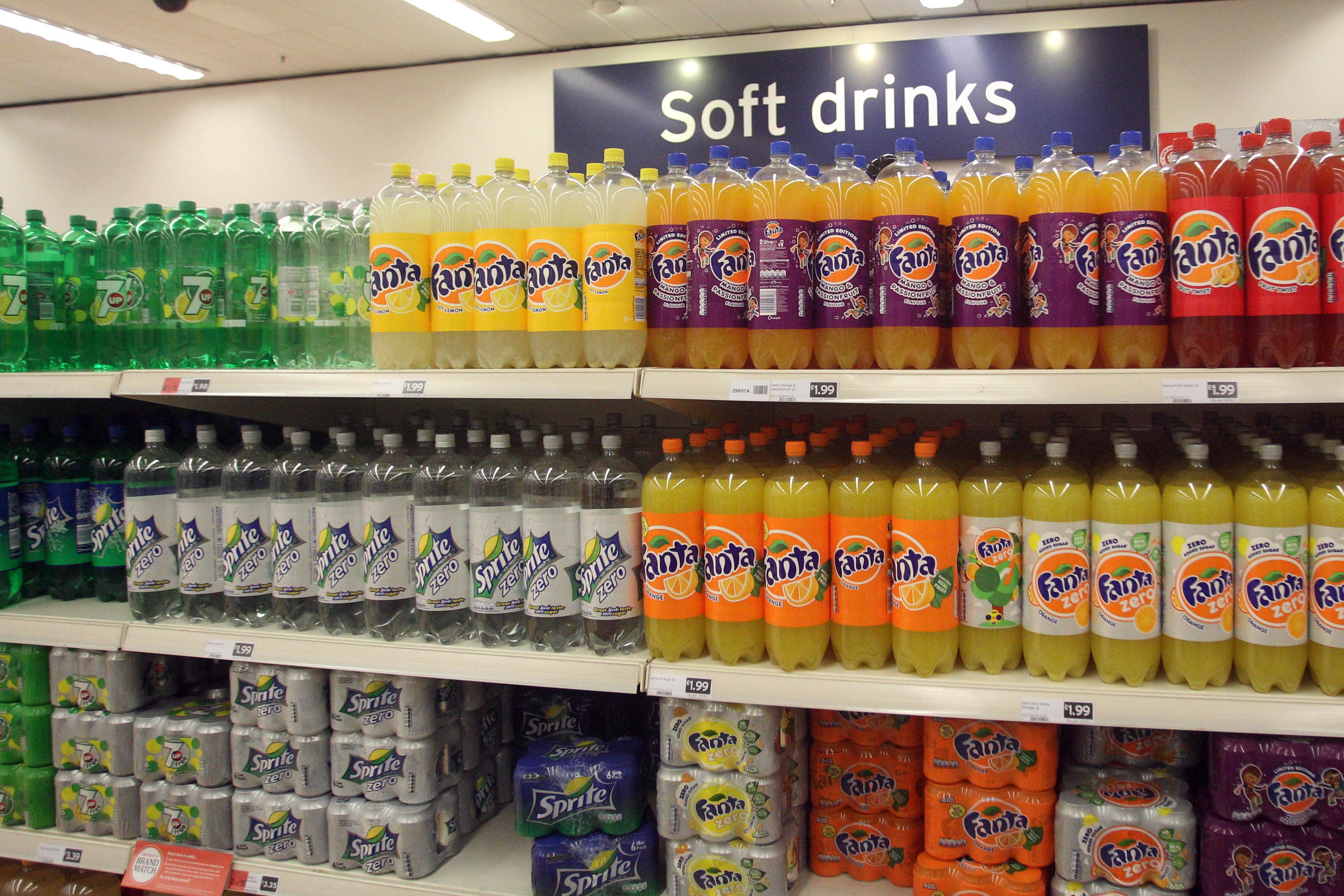Sugar tax on soft drinks slashed people’s sugar consumption – study
A major source of added sugar is fizzy drinks, but other foods with added free sugar include biscuits, chocolate, flavoured yoghurts and cereal.

The sugar tax imposed on soft drinks in Britain led to a significant drop in sugar in people’s diets, according to a long-term study.
One year after the sugar tax came into force, children were consuming 4.8g per day less sugar, while adults had an intake that was 10.9g lower.
Most of this drop was down to less sugar from soft drinks – slashing 3g off children’s daily sugar consumption and 5g off that of adults.
However, people are still eating too much sugar overall, researchers found, and are not meeting UK or World Health Organisation (WHO) guidelines.
The type of sugars most adults and children in the UK eat too much of are known as “free sugars”.
A major source is fizzy drinks, but other foods with added free sugar include biscuits, chocolate, flavoured yoghurts and breakfast cereal.
Sugar in honey, syrups, unsweetened fruit juices, vegetable juices and smoothies occurs naturally but also counts as free sugars.
Previous research has linked sugary drinks to obesity, type 2 diabetes, heart disease and premature death.
In the UK, the sugar tax was introduced in April 2018 and was a way of encouraging manufacturers to reduce the sugar content of soft drinks.
For the new study, in the Journal of Epidemiology and Community Health, experts including from the University of Cambridge and University College London looked at data from 2008 to 2019 to explore sugar trends over time.
Overall, 7,999 adults and 7,656 children were included in the final analysis.
The experts found a drop in sugar consumption after the tax was introduced, and concluded it “led to significant reductions in dietary free sugar consumption in children and adults”.
They said the energy people got from free sugar as a percentage of total energy did not change, indicating that calories from free sugar were dropping at the same time as a decline in overall calorie intake.
A Department of Health and Social Care spokesperson said the Government would “prevent ill-health and tackle the obesity crisis head on”.
They said: “We will introduce tight restrictions on advertising junk food, alongside banning children from being able to purchase sugary, high caffeine energy drinks.
“By building a healthier society, we will help to build a healthy economy.”
Guidelines from the WHO and the UK Scientific Advisory Committee on Nutrition say people should limit free sugar consumption to below 5% of total energy intake.
This is equivalent to daily maximum amounts of 30g for adults, 24g for children aged seven to 10 and 19g for young children aged four to six.
To date, more than 50 countries have introduced a sugar tax on soft drinks.
Bookmark popover
Removed from bookmarks